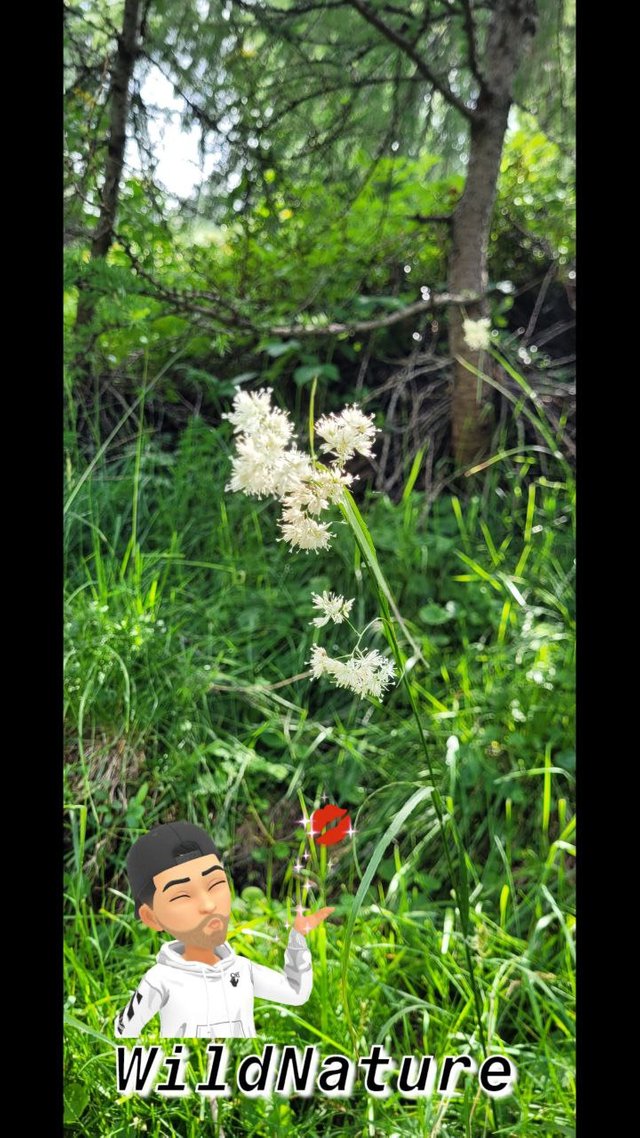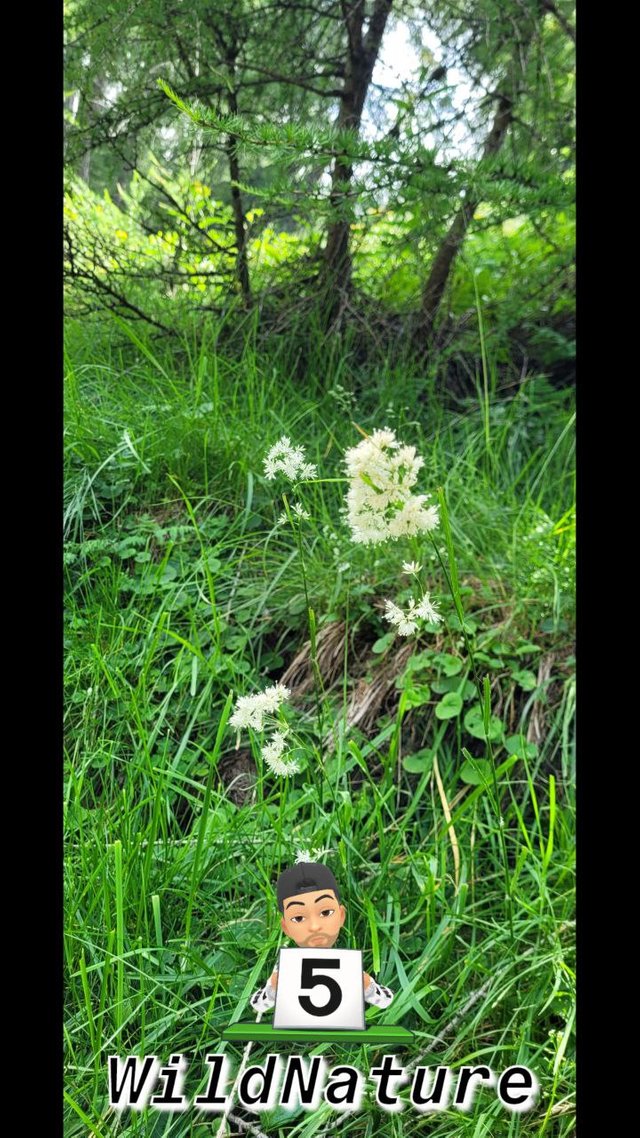Erba lucciola maggiore 🌱✨
The English version follows in the end.
Versione Italiana 🇮🇹🇮🇹🇮🇹

L'erba lucciola maggiore, conosciuta scientificamente come Hypericum hircinum, è una pianta erbacea perenne appartenente alla famiglia delle Hypericaceae. Originaria delle regioni del Mediterraneo, questa pianta è particolarmente apprezzata per le sue proprietà medicinali e il suo utilizzo ornamentale in giardini e spazi verdi.
L'erba lucciola maggiore si distingue per il suo portamento cespuglioso, che può raggiungere un'altezza compresa tra i 50 cm e 1,5 metri. I suoi fusti sono legnosi alla base, mentre i rami più giovani sono flessibili e di colore verde chiaro. Le foglie sono ovali, di colore verde intenso, lucide sulla parte superiore e più chiare nella parte inferiore, e sono caratterizzate da un odore intenso e pungente, da cui deriva il nome specifico "hircinum", che significa "odore di capra".
La fioritura avviene in estate, tra giugno e agosto, e la pianta produce numerosi fiori gialli, riuniti in infiorescenze terminali. Questi fiori, particolarmente vistosi, hanno stami prominenti e numerosi, che creano un effetto soffice e brillante, quasi come se la pianta fosse illuminata da tante piccole "lucciole", da cui deriva il nome popolare. I fiori, oltre a essere decorativi, attraggono insetti impollinatori come api e farfalle.

L'erba lucciola maggiore è una pianta rustica e resistente, che cresce bene in terreni ben drenati e posizioni soleggiate o a mezz'ombra. Tollera bene la siccità e si adatta facilmente a diversi tipi di suolo.
Oltre al suo valore ornamentale, l'erba lucciola maggiore è nota per le sue proprietà medicinali. Tradizionalmente, è stata utilizzata come rimedio naturale per le sue proprietà antinfiammatorie, cicatrizzanti e calmanti. Le parti aeree della pianta, in particolare i fiori, sono ricche di ipericina, un principio attivo noto per i suoi effetti benefici nel trattamento di lievi stati d'ansia e depressione.
E voi avete mai visto questa pianta nel vostro giardino o nelle zone boschive? Conoscevate il suo nome? Scrivete nei commenti cosa ne pensate a riguardo e lasciate un "like" se apprezzate le proprietà di questa pianta! 🌼🌱✨
(Foto scattate da me) 📸
English version 🇬🇧🇬🇧🇬🇧

Greater St. John's Wort, scientifically known as Hypericum hircinum, is a perennial herbaceous plant belonging to the Hypericaceae family. Native to Mediterranean regions, this plant is particularly valued for its medicinal properties and its ornamental use in gardens and green spaces.
Greater St. John's Wort is distinguished by its bushy growth habit, reaching a height between 50 cm and 1.5 meters. Its stems are woody at the base, while the younger branches are flexible and light green. The leaves are oval, dark green on the upper side and lighter underneath, with a strong and pungent smell, from which its specific name "hircinum" derives, meaning "goat-like odor."
The plant blooms in summer, from June to August, producing numerous yellow flowers clustered in terminal inflorescences. These striking flowers have prominent, numerous stamens, creating a soft, radiant effect, as if the plant were lit by tiny "fireflies," which is where its common name originates. Besides being decorative, the flowers attract pollinators like bees and butterflies.

Greater St. John's Wort is a hardy and resilient plant that thrives in well-drained soils and sunny or partially shaded locations. It tolerates drought well and easily adapts to various soil types.
In addition to its ornamental value, Greater St. John's Wort is renowned for its medicinal properties. Traditionally, it has been used as a natural remedy for its anti-inflammatory, healing, and calming effects. The aerial parts of the plant, especially the flowers, are rich in hypericin, an active compound known for its benefits in treating mild anxiety and depression.
Have you ever seen this plant in your garden or woodland areas? Did you know its name? Share your thoughts in the comments and leave a "like" if you appreciate the properties of this wonderful plant! 🌼🌱✨
(Photos taken by me) 📸
against downvote abuse